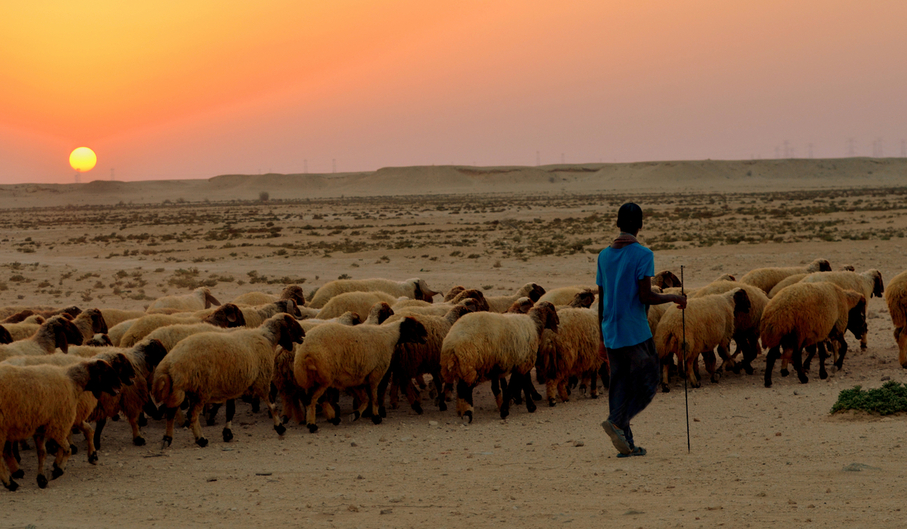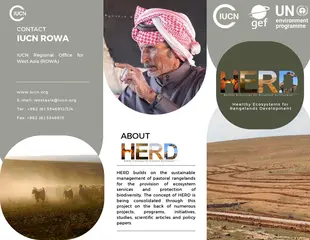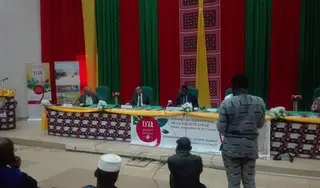The project’s objective is to strengthen the restoration and sustainable management of pastoral rangelands for the provision of ecosystem services and protection of biodiversity in Egypt and Jordan and catalysing scale-up regionally and globally.
This will be achieved through the delivery of six results-oriented project Outcomes, grouped under four Components that focus on the following:
(1) Provision of evidence-based technical assistance.
(2) Institutional strengthening for rangeland governance.
(3) Up-scaling of good practices in Sustainable Rangeland Management (SRM).
(4) Promoting SRM knowledge management at the global and regional levels.
The International Union for the Conservation of Nature (IUCN) is the executing agency for the overall project, with all associated responsibilities.
In collaboration with the Ministry of Environment in Jordan and Egypt, the IUCN signed sub-grant agreements with implementing partners in each of the participating countries. These are:
- The Hashemite Fund for Development of the Jordan Badia (HFDB: Jordan)
- The Royal Botanical Gardens (RBG: Jordan)
- The Desert Research Centre (DRC: Egypt)
- The Centre for Environment and Development for the Arab Region and Europe (CEDARE: Egypt/Regional)
The project is in line with LD Strategic Objective LD-1: Agriculture and Rangeland Systems: Maintain or improve the flow of agro-ecosystem services sustaining the livelihoods of local communities and LD-3: Integrated Landscapes: Reduce pressures on natural resources from competing land uses in the wider landscape.
Project implemented by: UN Environment
Project Executed by: IUCN Regional Office for West Asia (ROWA)
Project Funded By: Global Environment Facility (GEF)



